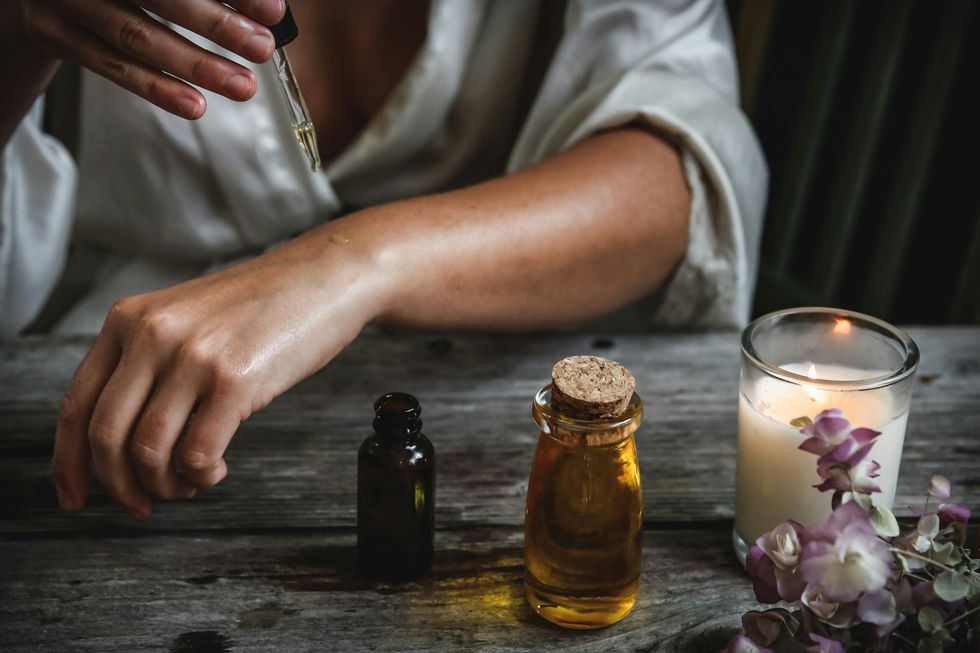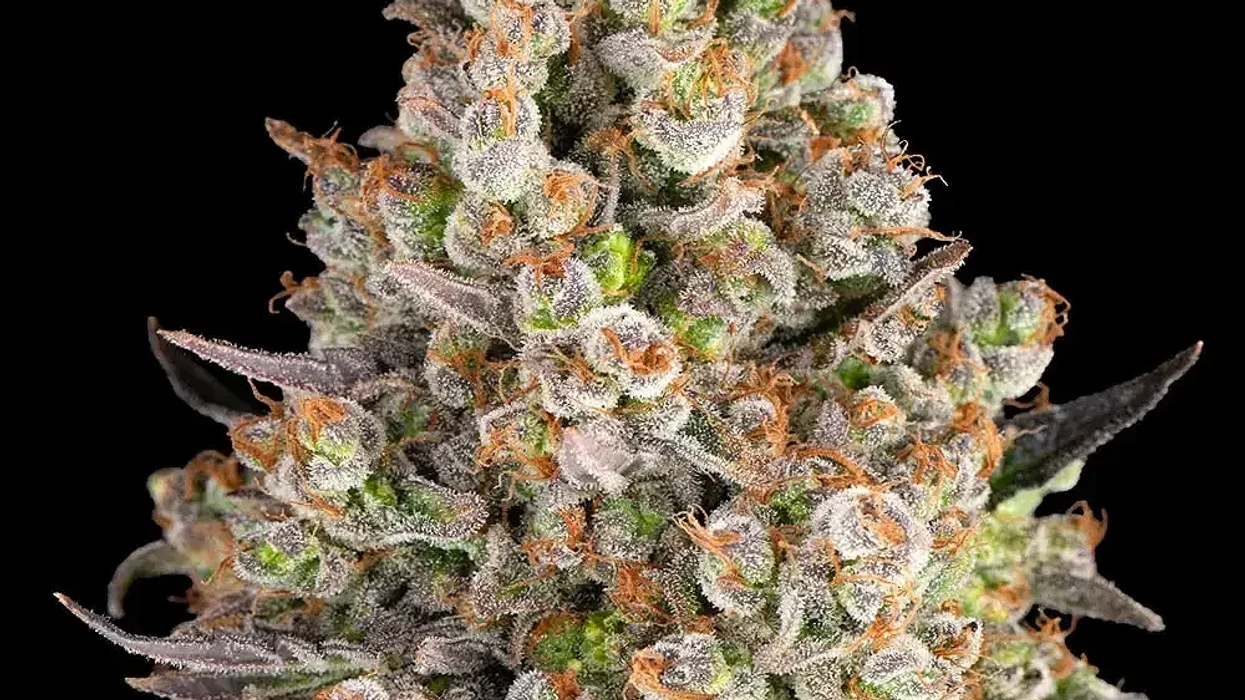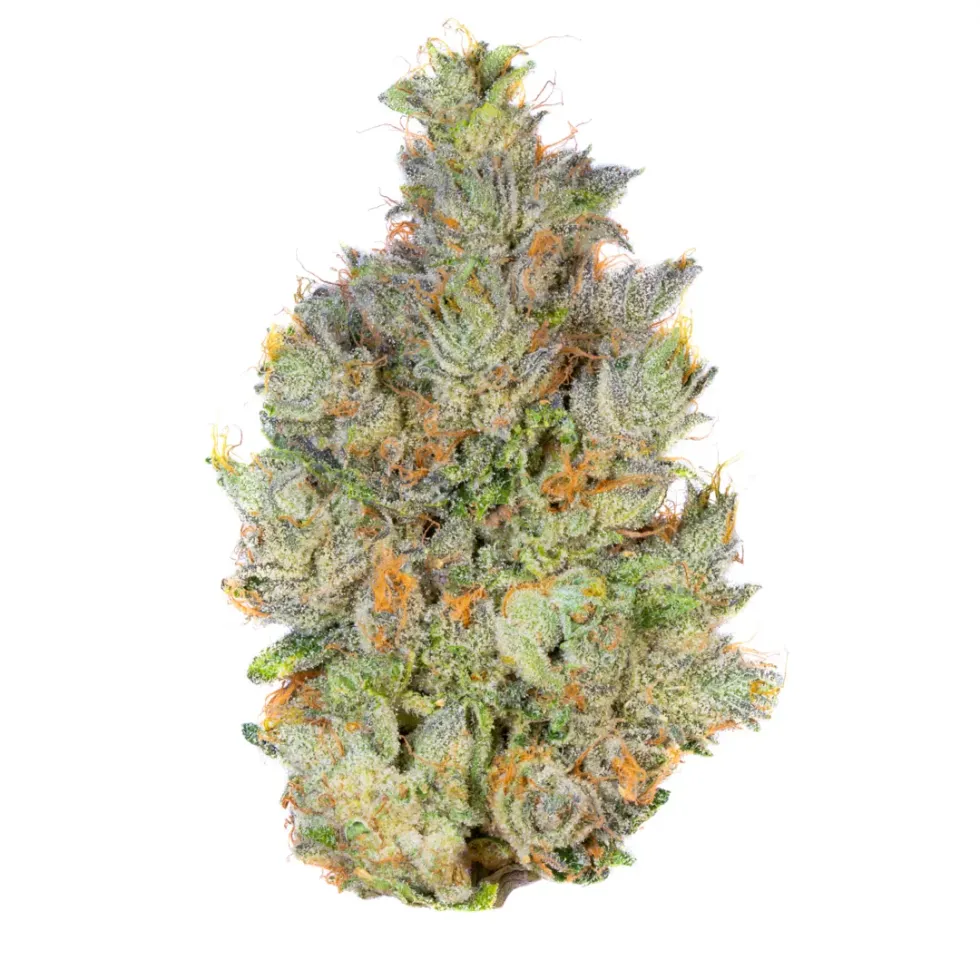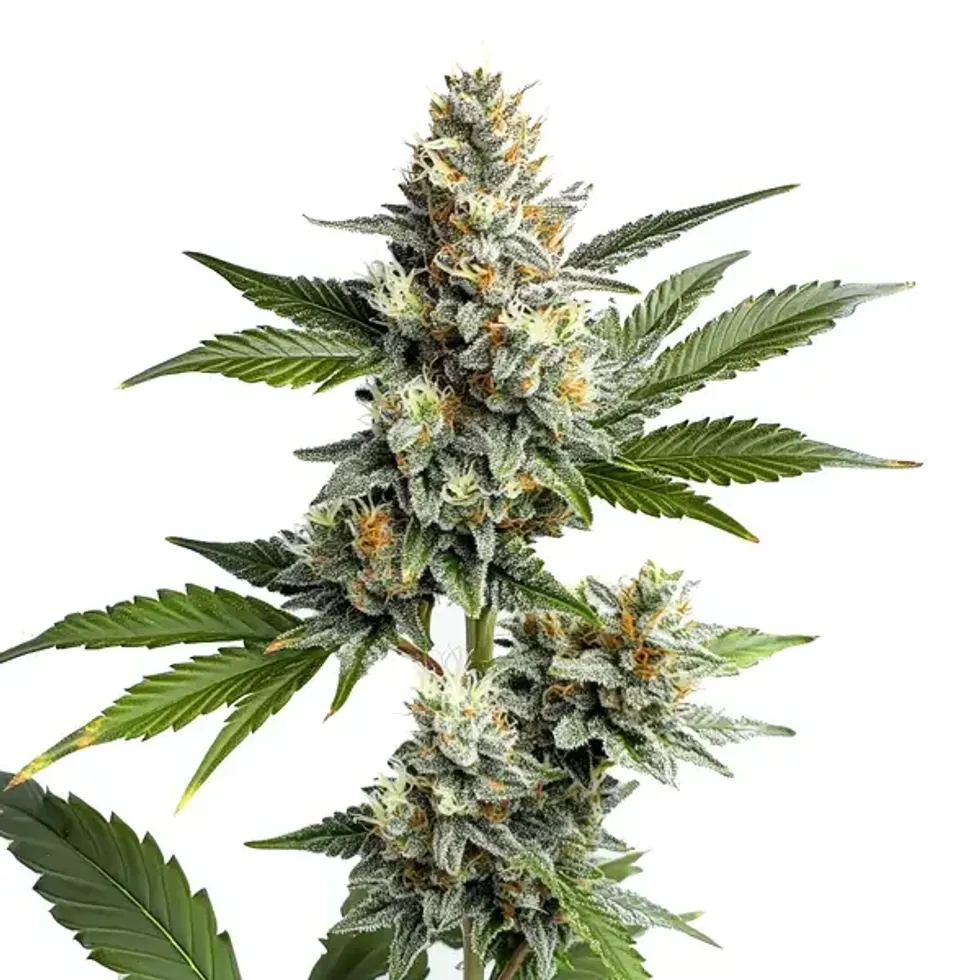As the dialogue around holistic health continues to expand, cannabis is stepping into the spotlight, now recognized not only for its recreational uses but also as a potential enhancer of wellness. What if the ancient herb that once held a pivotal place in traditional medicine is now a key to modern wellness practices? This exploration focuses on improving the quality of life. How does this age-old plant interact with the body to potentially ease pain, enhance sleep, and improve mental health?
With a surge in both curiosity and scientific research, cannabis is being revisited by wellness advocates and skeptics alike. How do THC, CBD, and other cannabinoids actually affect our bodies? What are the real stories behind the people incorporating cannabis into their daily wellness routines? From the science of its effects to the practicalities of choosing the right products, this discussion examines how cannabis is being used to potentially foster a healthier, more balanced lifestyle.
Understanding Cannabis and Wellness: How It Works
Cannabis, a plant rich in cannabinoids like THC and CBD, interacts with the body's endocannabinoid system (ECS), a complex network of receptors that regulate various physiological processes. Understanding this interaction is crucial for harnessing cannabis's potential benefits. THC binds to receptors in the brain, producing the euphoric effects associated with marijuana. In contrast, CBD does not induce a high; instead, it influences the body to use its own endocannabinoids more effectively, which can lead to pain relief and reduction of inflammation.
The ECS plays a pivotal role in maintaining homeostasis in the body, influencing everything from sleep to appetite, pain, and immune response. By modulating the ECS, cannabinoids can help maintain balance in these bodily functions, potentially leading to improved wellness. This biological mechanism explains why cannabis is often used to alleviate conditions like chronic pain, anxiety, and insomnia.
Consumer Insights: Popular Uses of Cannabis in Daily Wellness Routines
Cannabis has been integrated into daily wellness routines by many looking for natural alternatives for health management. Here are some of the most common uses:
- Mental Health: Cannabis is frequently used to alleviate symptoms of anxiety and depression. Many users report a calming effect of CBD, which has been supported by clinical studies suggesting that CBD may decrease anxiety in social anxiety disorder.
- Sleep Enhancement: Cannabis, particularly strains rich in CBD, has been found to help improve sleep quality. THC is known to reduce the time it takes to fall asleep and CBD may help combat sleep disturbances and insomnia.
- Pain Management: Both THC and CBD are known for their analgesic properties. They interact with pain receptors in the brain to alleviate both chronic and acute pain.
These uses are supported by a growing body of research, yet it is important for consumers to consult healthcare providers to tailor cannabis use to their specific health needs.
Navigating the Market: Trends in Wellness-Focused Cannabis Products
The cannabis market has expanded significantly with products tailored to various wellness needs. Consumers now have a plethora of options, including:
- Edibles: These provide a smoke-free alternative for consuming cannabis, often preferred for their ease of use and the ability to provide long-lasting effects.
- Oils and Tinctures: These are favored for their versatility and ease of dosing. CBD oils, in particular, are popular for stress and anxiety relief.
- Topicals: Cannabis-infused creams and balms are increasingly used for localized pain relief and inflammation without psychoactive effects.
Innovative product development is crucial as consumer preferences shift towards specific wellness applications of cannabis. Companies are now focusing on creating products with precise cannabinoid ratios and incorporating other beneficial herbs and supplements to enhance health benefits.
Practical Guidance: Integrating Cannabis into Your Wellness Regimen
For those considering integrating cannabis into their wellness routines, here are some expert tips:
- Selecting Products: Choose products from reputable sources that provide detailed information about cannabinoid content and have been tested for contaminants. Consider non-psychoactive CBD products if you are concerned about the high associated with THC.
- Dosage: Start with a low dose, especially if you are new to cannabis. Gradually increase the dose until you find the right balance for your health needs.
- Safety Protocols: Avoid driving or operating heavy machinery when using cannabis products, especially those containing THC. Be aware of potential interactions with other medications.
Here are some bullet points to consider:
- Start with low doses and monitor effects.
- Opt for high-quality, lab-tested products.
- Consult with a healthcare provider, especially if you have underlying health conditions.
By following these guidelines, consumers can safely and effectively incorporate cannabis into their wellness practices, potentially enhancing their quality of life through natural means.

The Holistic Health Benefits of Cannabis
Cannabis, once a foundational element of traditional medicine, is making a significant return in modern wellness practices. By interacting with the body's endocannabinoid system, cannabinoids like THC and CBD help maintain homeostasis, influencing everything from sleep and appetite to pain and immune response. This interaction explains the growing use of cannabis for managing chronic pain, enhancing sleep, and improving mental health. As the market evolves, consumers are now presented with a variety of products tailored to their specific wellness needs, from edibles and oils to topicals, each offering a unique way to integrate cannabis into daily routines.
The journey of rediscovering cannabis as a wellness enhancer is a testament to the plant's enduring relevance in health and medicine. As we continue to explore and understand its full potential, cannabis stands not only as a relic of the past but also as a promising component of future wellness strategies. Let's keep the conversation going, exploring how this ancient herb can foster a healthier, more balanced lifestyle.







 11 Signs You've Greened Out and How to Handle It - The Bluntness
Photo by
11 Signs You've Greened Out and How to Handle It - The Bluntness
Photo by  11 Signs You've Greened Out and How to Handle It - The Bluntness
Photo by
11 Signs You've Greened Out and How to Handle It - The Bluntness
Photo by 






 The Truth About THC Candle: Cannabis Candles & How to Make Your Own - The Bluntness
Photo by
The Truth About THC Candle: Cannabis Candles & How to Make Your Own - The Bluntness
Photo by 
 OG Kush Strain: The West Coast Classic That Defined a Generation - The BluntnessAlien Labs
OG Kush Strain: The West Coast Classic That Defined a Generation - The BluntnessAlien Labs OG Kush Strain: The West Coast Classic That Defined a Generation - The Bluntness
OG Kush Strain: The West Coast Classic That Defined a Generation - The Bluntness
 What will you do with that cannabis kief collection? - Make Coffee! The Bluntness
What will you do with that cannabis kief collection? - Make Coffee! The Bluntness DIY: How to Make Kief Coffee - The Bluntness
Photo by
DIY: How to Make Kief Coffee - The Bluntness
Photo by 